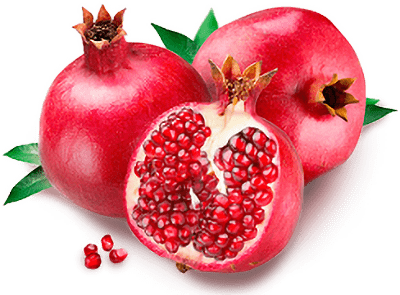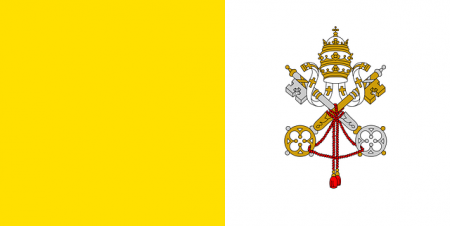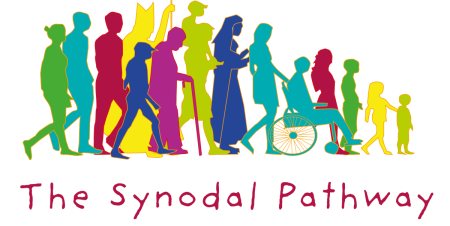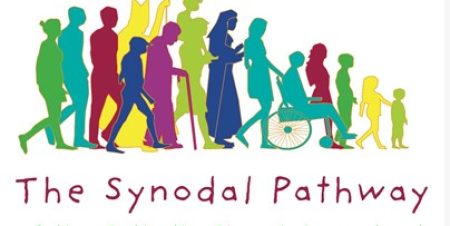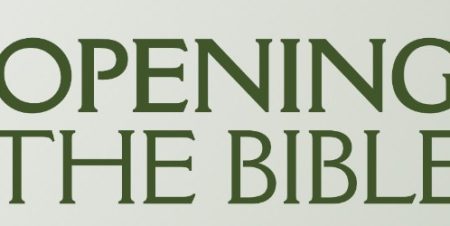Thursday, 8 February marks the Fourth World Day of Prayer, Reflection and Action Against Trafficking in Persons.
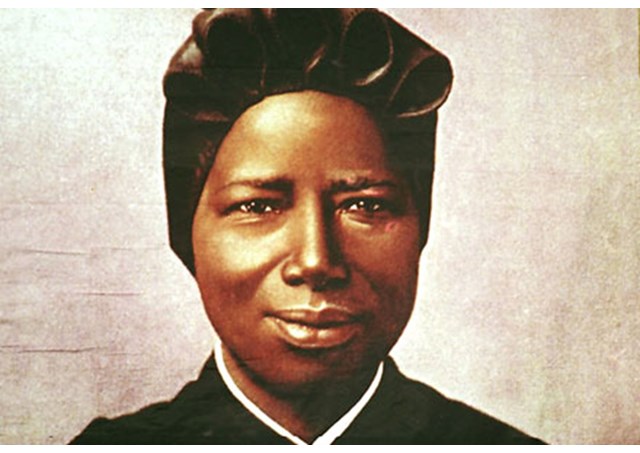
This date has been designated as an annual day of prayer and awareness raising because it is the feast day of St Josephine Bakhita (right), who was kidnapped as a child and sold into slavery in Sudan and Italy. Once Josephine was freed, she became a Canossian nun and dedicated her life to sharing her story and to supporting the poor and suffering. She was declared a Saint in 2000.
Learn about St Josephine’s life:
Prayer to St Josephine Bakhita

The theme for 2018 is “Migration without Trafficking”. Because they are fleeing from situations of conflict, refugees are exposed to prolonged conditions of insecurity, isolation, persecution, and hunger – leaving them vulnerable to situations of exploitation, abuse, and trafficking. The refugee crisis has heightened human trafficking concerns.
Six things you should know about human trafficking#:
- An estimated 21 million people are trapped in slavery
- Human trafficking is the fastest growing criminal enterprise in the world today
- Human trafficking is a $150 billion global industry annually
- Globally, the average cost of a slave is $90
- There are more slaves in the world today than at any other point in human history
- Migrant workers and indigenous people are particularly vulnerable to forced labour
4 simple actions you can take to prevent human trafficking
More information about human trafficking and 4 actions you can take to help prevent the spread of human trafficking in your community can be found here
#Source: International Labour Organization
